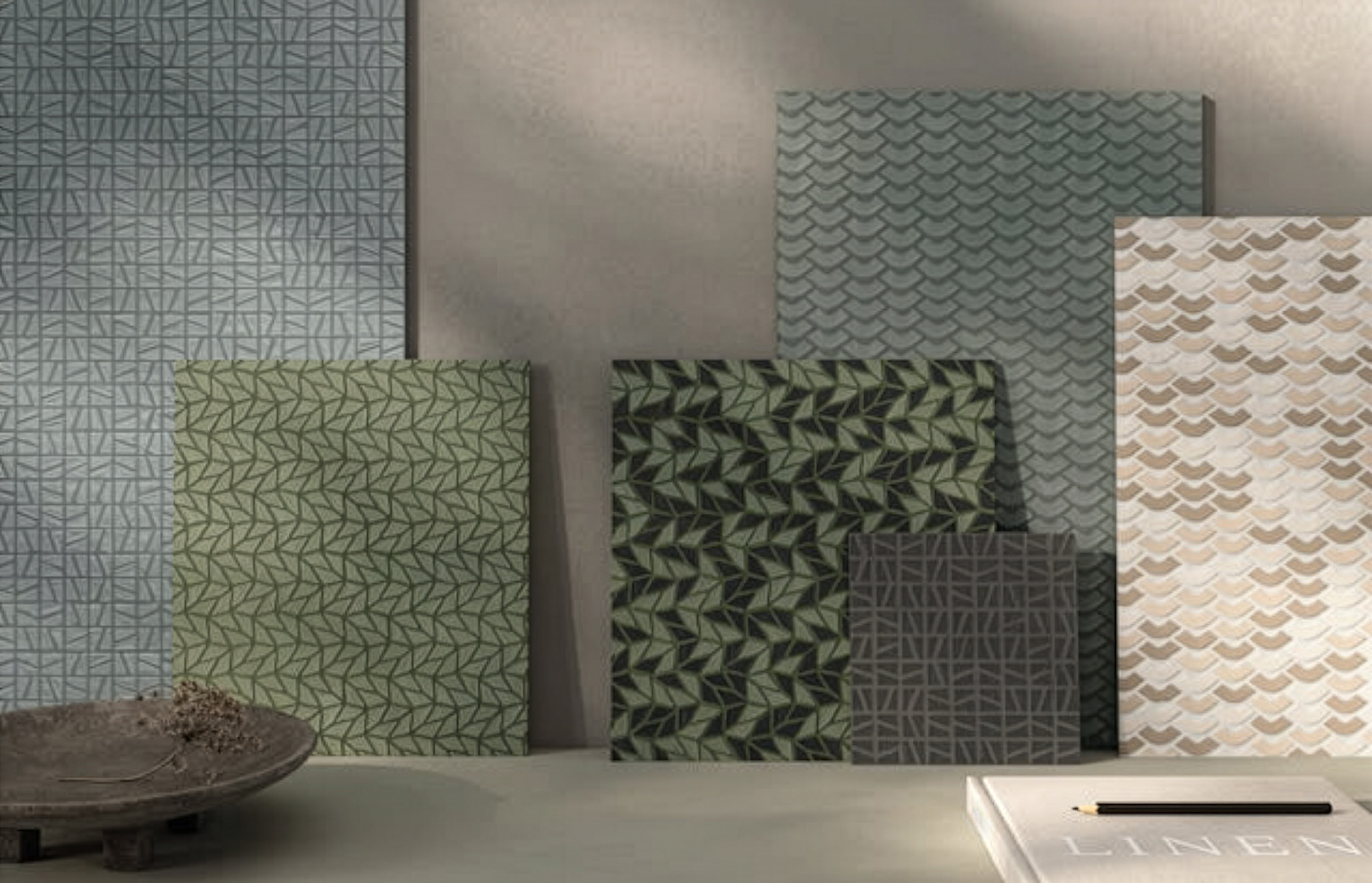Urify is a toilet-cleaning tablet that helps diagnose kidney disease


A toilet-cleaning pod that doubles as a kidney disease screening device has been shortlisted as a global finalist in the James Dyson Award, recognising the best inventions by student and graduate designers.
Student Yidan Xu created the Urify screening tablet after her father was diagnosed with chronic kidney disease (CKD), which had caused irreversible damage due to being identified too late.

Urify aims to make it easier for the estimated 800 million people worldwide who have CKD to detect the condition without requiring clinical tests.
The toilet cleaning tablet releases a reagent that changes colour if it detects the urinary albumin protein, allowing users with no symptoms to spot irregularities and seek medical assistance.

"Inspired by my father's late diagnosis of kidney disease, I wanted to find a simple, accessible way for anyone to detect early signs of illness through their daily routine," said Xu, who completed a masters degree in Innovation Design Engineering run jointly by the Royal College of Art and Imperial College London.
"With Urify, I hope to help people catch silent diseases before they become life-changing, and make early health detection really possible for everyone," she continued.

A lack of publicly available early screening tools for CKD prompted Xu to seek out simple ways to integrate diagnosis into everyday life.
The presence of the protein albumin in urine is the best early indicator of kidney damage, especially in people with diabetes or high blood pressure, so using Urify once or twice a year could help save lives.
As people use the toilet every day, the screening system can be incorporated with no extra effort. Each tablet lasts 3 to 5 days and the foam also acts as a cleaning solution.
The Urify tablet is fixed discreetly under the toilet rim and releases a foam when the toilet is flushed. Elevated levels of urinary albumin trigger a visible colour change in the foam, from pale yellow to blue.
An accompanying colour wheel can be used to ensure accurate diagnosis in various lighting and water conditions, while a computer-based colour detection tool offers suggestions in unusual circumstances relating to urine contamination or premature reactions.
Input from GPs and experts from the London Kidney Network highlighted that urinary albumin levels fluctuate daily due to diet, hydration and exercise, meaning that testing across several days was required to produce accurate results.

Xu pointed out that Urify requires no additional cost, behavioural change or conscious effort, providing a potentially life-saving solution without any disturbance to users' daily routines.
"What makes Urify unique is its dual-purpose design and integration with an existing habitually used toilet-cleaning product," she explained.
"It delivers both a practical cleaning function and an invisible health benefit, transforming a common cleaning product into a health-enabling tool."
Xu has submitted a patent application for Urify, which she plans to refine in collaboration with research institutions. She is also seeking commercial partners to help support the product's development and distribution.
Urify is one of 20 shortlisted entries for the global James Dyson Award, which challenges young inventors to develop solutions to real-world issues.
British engineer and inventor James Dyson will select the global winners, who will be announced on 5 November and will each receive £30,000 to develop their project.
Previous winners of the national and international awards include a scalp-cooling helmet for cancer patients and a pinecone-shaped wildfire detector made from wax and charcoal.
The photography is courtesy of the James Dyson Award.
The post Urify is a toilet-cleaning tablet that helps diagnose kidney disease appeared first on Dezeen.



















































